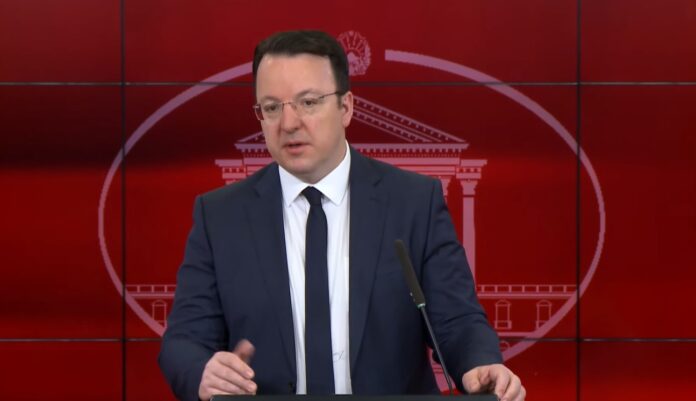How heating and loss of biodiversity jeopardize our plates by creating shortage – Liberation

Rays emptied of their packets of pasta or rice, tablets of chocolate and coffee pods absent from displays … these dystopian situations – or not, you just have to see how COVID 19 PANDEMIE had aroused a rush in supermarkets to make reservations – may well happen. A report Published this Wednesday, May 21 by the consulting firm Foresight Transitions reveals that food security is threatened in Europe. In question: climate change and loss of biodiversity in countries exporting these foodstuffs.
The impact of these two factors has been studied on six foods: corn, rice and wheat, at the base of our food systems as well as cocoa, coffee and soy, highly used in European food production. The observation drawn up by the authors is alarming: more than half of imports come from countries vulnerable to climate change, jeopardizing their production. Especially since the latter do not have sufficient financial resources and institutions to adapt to it. And the effects are already visible. Pakistan, one of the main rice exporters in Europe, has lost 80 % of its production following the devastating floods of 2022.
“Climate impacts are aggravated by the loss of biodiversity, which makes farms and ecosystems less resilient in the face of climatic shocks and other, Alert Camilla Hyslop, co -author of the report. Less biodiversity farms are more vulnerable to crop diseases, which often emerge due to the drop in biodiversity. ” Among the foods studied, the productions of wheat, corn and cocoa are particularly endangered by this loss of biodiversity.
These threats weigh directly on European food security. Because even if the European Union produces a large part of the food for its consumption, it depends strongly on agrifood imports (some 160 billion euros in 2023).
« Last year, floods in the United Kingdom and France reduced the production of wheat, while high temperatures in Eastern Europe disturbed corn crops, rendering crucial imports to food security », illustrious Camilla Hyslop.
The chocolate sector is the most exposed while the European Union is the largest consumer, producer and exporter of this sugar refinement in the world. European cocoa imports are mainly from five countries, threatened by climate change and the loss of biodiversity: Côte-d’Ivoire, Ghana, Cameroon, Nigeria in West Africa, and Ecuador in South America. And environmental pressures are already felt there, reports Camilla Hyslop, with an increase in « 41 % of the total value of imports last year ».
In order to avoid being in shortages situations and to secure the food supply of the European continent, Mark Workman, director of Foresight Transitions and co -author of the report, invites decision -makers to decision -makers « Investing seriously in the climate resilience of partner producers, as well as in commercial infrastructure abroad ». For him, the relocation of production is « A largely insufficient response », Especially because the EU itself faces climatic threats and on biodiversity.
« An investment in producer organizations in West Africa is an investment in the future of the European chocolate industry », says N’Zi Kouassi Eugène, president of the association of professional agricultural organizations in Côte-d’Ivoire. He shares the opinion of Mark Workman, which is also one of the recommendations recommended in the report, that is to say that it is urgent to support small farmers, the main suppliers of cocoa imported by Europe.




/s3/static.nrc.nl/images/gn4/stripped/data132557020-e089ee.jpg)

